Europe 1901-present
While war seems to be a backdrop to events in Europe in this time period the articles collected here explore many of the wider impacts and elements to the war. Medicine and technology are explored alongside dramatic changes in social attitudes. The political events that disrupt and shape Europe of the 20th century are explored though a range of engaging articles that include Russia and the USSR, Fascism and European co-operation.
Sort by:
Date (Newest first) | Title A-Z
Show:
All |
Articles |
Podcasts |
Multipage Articles
-

Helping Year 9 debate the purposes of genocide education
ArticleClick to view -

An authentic voice: perspectives on the value of listening to survivors of genocide
ArticleClick to view -
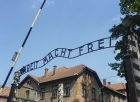
Helping Year 9 evaluate explanations for the Holocaust
ArticleClick to view -

Building an overview of the historic roots of antisemitism
ArticleClick to view -
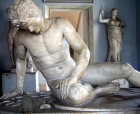
Cunning Plan 152.1: visual sources
ArticleClick to view -
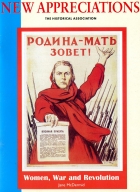
Women, War and Revolution
ArticleClick to view -
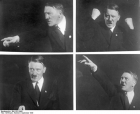
The Origins of the Second Great War
ArticleClick to view -

Kristallnacht
ArticleClick to view -

Neville Chamberlain: Villain or Hero?
ArticleClick to view -
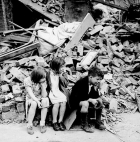
The Coming of War in 1939
ArticleClick to view -
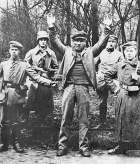
The German Revolution 1918-19
ArticleClick to view -

Triumphs Show 144: Active learning to engage ‘challenging students'
ArticleClick to view -
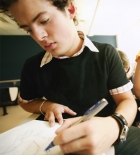
Using ‘Assessment for Learning' to help students assume responsibility
ArticleClick to view -
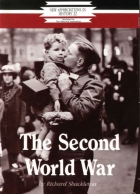
The Second World War
ArticleClick to view -
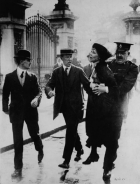
Using visual sources to understand the arguments for women's suffrage
ArticleClick to view -
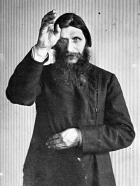
Alexandra and Rasputin
ArticleClick to view -
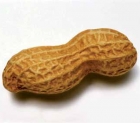
Nutshell 141 - HEDP
ArticleClick to view -

Triumphs Show 141: using family photos to bring the diversity of Jewish lives to life
ArticleClick to view -
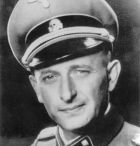
Polychronicon 141: Adolf Eichmann
ArticleClick to view -
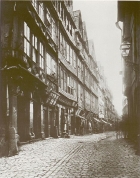
A question of attribution: working with ghetto photographs
ArticleClick to view

